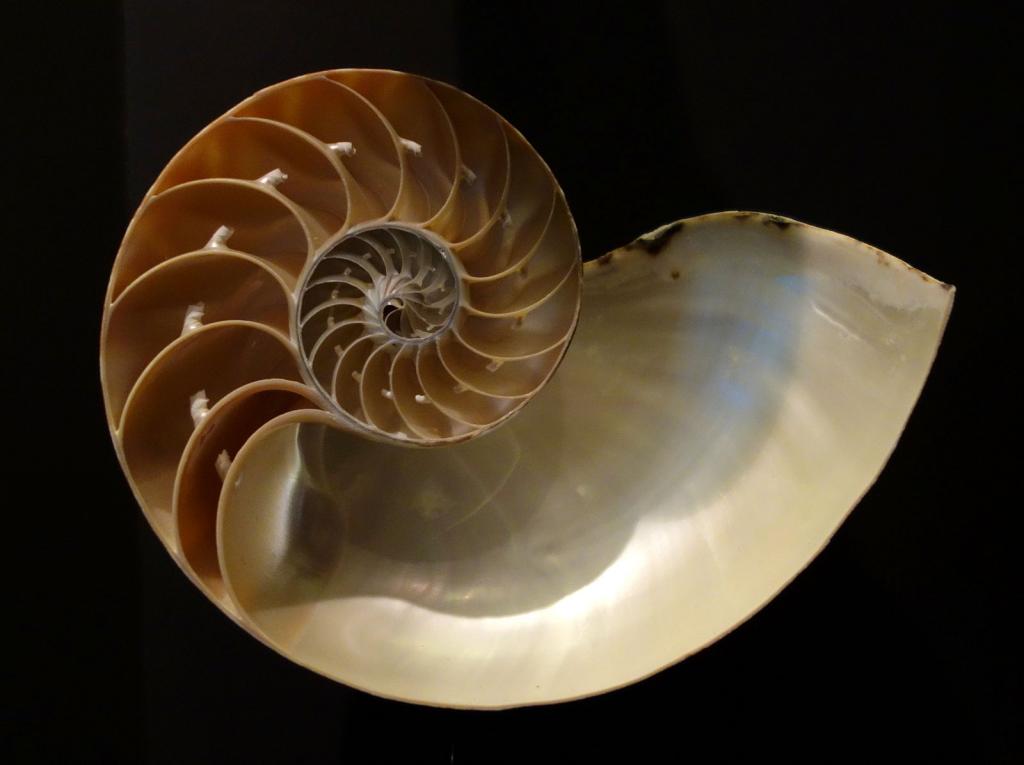
From the files:
Frank Burch Brown, who made a careful study of Darwin’s writings in order to understand his religious views, concluded that they were very complex and variable:
His beliefs concerning the possible existence of some sort of God never entirely ceased to ebb and flow, nor did his evaluation of the merit of such beliefs. At low tide, so to speak, he was essentially an undogmatic atheist; at high tide he was a tentative theist; the rest of the time he was basically agnostic—in sympathy with theism but unable or unwilling to commit himself on such imponderable questions. Overall his thought regarding theological matters could best be described as being in what he himself termed a “muddle.”[1]
Interestingly, though, a close reading of Darwin’s writings, including his letters, demonstrates that the major reason for his doubts about the Christian concept of God had little if anything to do with his own theory of evolution. For one thing, he deeply disliked the “damnable doctrine” of eternal punishment for nonbelievers, which, during his lifetime, was a major theme of “hellfire and damnation” evangelists. Moreover, he struggled with the existence of evil and suffering, which become personally acute for him when his favorite daughter died tragically at the age of ten.[2]
In 1884, Frederick Temple, who would later become the archbishop of Canterbury, responded to Darwinism by arguing that the conception of a God who had not simply made the world but had made a world that was capable of, in a sense, making itself was higher than that of a creator who merely called a static creation into existence:
And the scientific doctrine of Evolution, which at first seemed to take away the force of this argument [the argument from design], is found on examination to confirm it and expand it. The doctrine of Evolution shows that with whatever design the world was formed, that design was entertained at the very beginning and impressed on every particle of created matter, and that the appearances of failure are not only to be accounted for by the limitation of our knowledge, but also by the fact that we are contemplating the work before it has been completed.
The English novelist and clergyman Charles Kingsley (d. 1875)—chaplain to Queen Victoria, canon of Westminster, and professor of modern history at Cambridge—contended that it is “just as noble a conception of Deity, to believe that He created primal forms capable of self-development . . . as to believe that He required a fresh act of intervention to supply the lacunas which He Himself had made.” And the distinguished Harvard botanist Asa Gray (d. 1888), simultaneously a devout Christian and Darwin’s foremost advocate in nineteenth century America, claimed that “a theistic view of Nature” is implied in Darwin’s theory.[3]
[1] Frank Burch Brown, The Evolution of Darwin’s Religious Views (Macon, GA: Mercer University Press, 1986).
[2] See Alister McGrath, The Twilight of Atheism: The Rise and Fall of Disbelief in the Modern World (New York and London: Doubleday, 2004), 104-105.
[3] The views of Temple, Kingsley, and Gray are cited by Alister McGrath, The Twilight of Atheism: The Rise and Fall of Disbelief in the Modern World (New York and London: Doubleday, 2004), 105-106.











